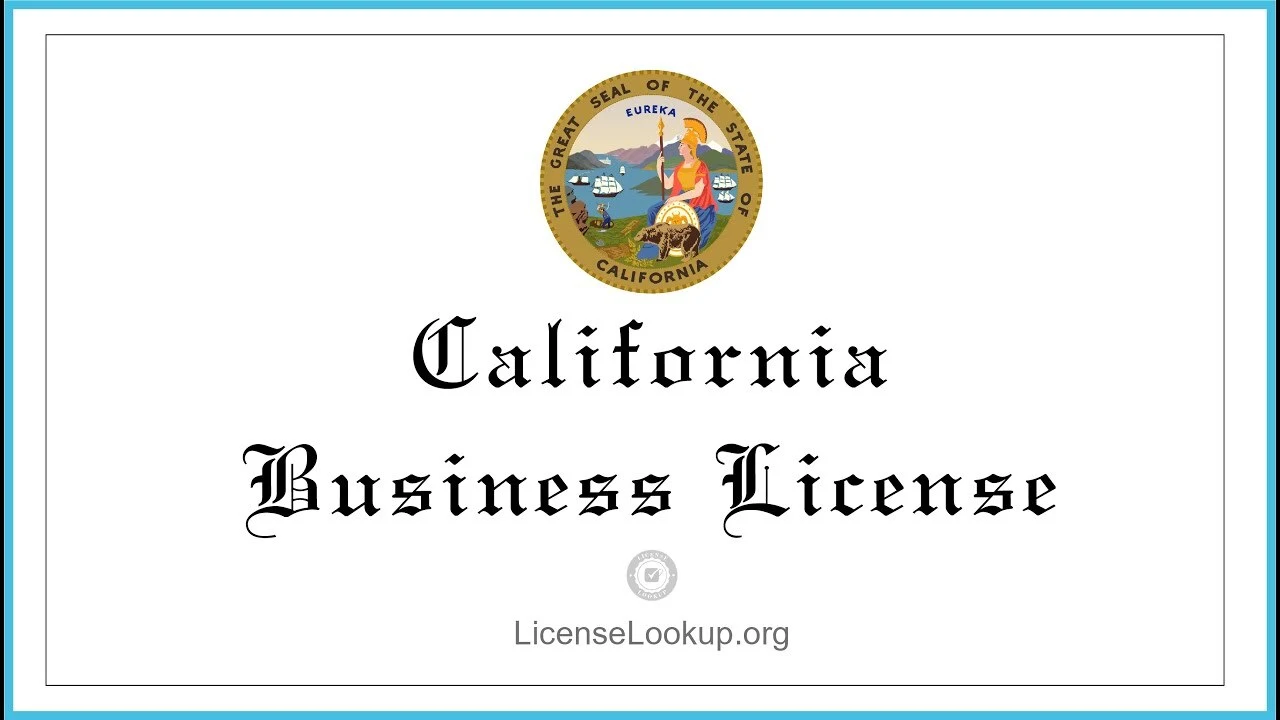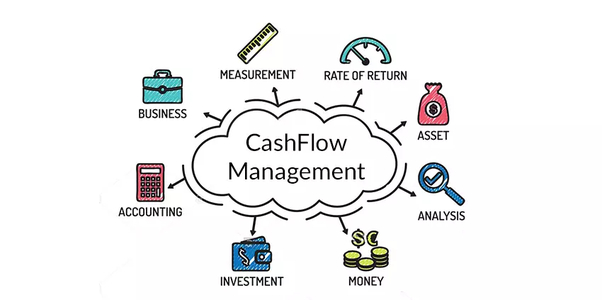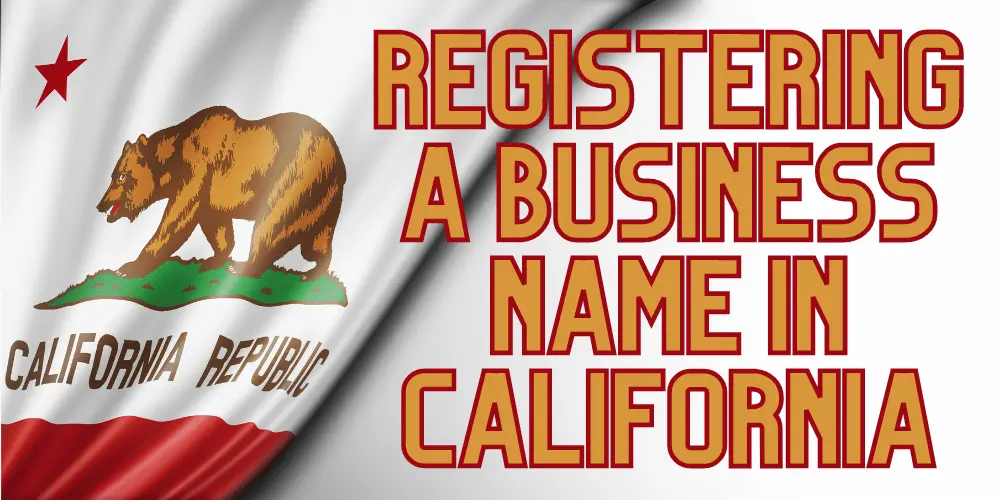A business license in California is crucial because it legally permits you to operate within the state. Without it, you risk fines, penalties, or even closure. It shows that your business complies with local regulations and ensures public safety.
Various types of businesses require licenses in California, ranging from small ventures like home-based bakeries to large corporations. For instance, restaurants need licenses to ensure food safety standards are met, while contractors must obtain permits to operate legally. Additionally, professionals such as doctors, lawyers, and real estate agents need specialized licenses to practice. Even online businesses may require permits depending on their activities.
Each type of business license comes with its own set of regulations, fees, and requirements, tailored to ensure the safety and integrity of the services or products offered. Understanding these requirements is essential for starting and maintaining a lawful and successful business in California.
Table of Contents
Business Licensing in California
In California, getting a business license is like getting permission to run your business. It’s a legal requirement to make sure businesses follow the rules and keep people safe. If you don’t have a license, you could face fines or even have to shut down your business.
All sorts of businesses in California need licenses, from small shops to big companies. For example, if you want to open a restaurant, you need a license to show that you follow the rules for food safety. Similarly, if you’re a contractor doing construction work, you need a permit to work legally. Even professionals like doctors, lawyers, and real estate agents need licenses to do their jobs. Sometimes, even online businesses need permits depending on what they do. Each type of license has its own set of rules, fees, and things you need to do.
Understanding these rules and following them is important for running a successful business in California. If you don’t follow the rules, you could get into trouble with the law. So, it’s essential to do your research and make sure you know what you need to do to get and keep your business license.
Factors Affecting Business License Costs
Several factors influence the cost of obtaining a business license in California. These factors can vary depending on the type of business you’re running and where you’re located within the state.
- Location: The city or county where your business is located plays a significant role in determining the cost of your license. Different areas may have different fee structures or additional requirements.
- Business Type: The type of business you operate also affects the cost of your license. Certain industries may have higher licensing fees due to increased regulation or the need for specialized permits.
- Business Size: The size of your business, in terms of employees or revenue, can impact licensing costs. Some jurisdictions may have tiered fee structures based on the scale of your operations.
- Duration of License: Some licenses are issued annually, while others may be valid for multiple years. The duration of your license can affect the overall cost, with longer-term licenses often offering discounts or savings compared to renewing annually.
- Additional Requirements: Depending on the nature of your business, you may need to fulfill additional requirements, such as safety inspections or environmental permits. These requirements can add to the overall cost of obtaining and maintaining your business license.
Cost of Business Licenses in California
The average cost of a business license in California can range from around $50 to several hundred dollars per year, depending on various factors such as location, type of business, and size. However, this is a general estimate, and actual costs can vary significantly based on specific circumstances.
For example, in some smaller cities or rural areas, the cost of a business license may be relatively low, perhaps around $50 to $100 per year for a small business. On the other hand, in larger cities or more populous counties, the fees may be higher, potentially reaching several hundred dollars or more annually, especially for businesses in heavily regulated industries or with larger operations.
It’s essential for business owners to research the average costs associated with obtaining and renewing a business license in their specific area and industry. By understanding these average prices, businesses can better plan their budget and ensure compliance with local regulations while minimizing unnecessary expenses.
Steps to Obtain a Business License in California
Obtaining a business license in California involves several steps to ensure legal compliance and smooth operations.
- Determine License Requirements: First, identify the type of license your business needs based on its location, industry, and activities. Research the specific requirements and regulations set by the city or county where your business will operate.
- Register Your Business: Before applying for a license, register your business with the appropriate state agencies, such as the California Secretary of State’s office. Choose a business structure (e.g., sole proprietorship, partnership, corporation) and obtain any necessary permits or tax registrations.
- Gather Required Documents: Prepare all necessary documentation for the license application, which may include proof of business ownership, identification, lease agreements, zoning permits, and any other relevant paperwork.
- Complete the Application: Fill out the business license application form provided by the local government agency responsible for licensing in your area. Be sure to provide accurate information and follow any instructions provided with the application.
- Pay Fees: Pay the required application fee, which can vary depending on the jurisdiction and type of business. Some cities or counties may offer online payment options, while others may require payment by check or in person.
- Submit Application: Submit your completed application and supporting documents to the appropriate local government office or online portal. Double-check that you’ve included all required information and signatures to avoid delays in processing.
- Wait for Approval: After submitting your application, wait for it to be reviewed and processed by the licensing authority. This may take several weeks, depending on the workload and procedures of the local government office.
- Receive License: Once your application is approved and all fees are paid, you’ll receive your business license. Display it prominently at your place of business as required by law.
- Renew License Annually: Business licenses typically need to be renewed annually or biennially. Keep track of renewal deadlines and ensure timely submission of renewal applications to avoid penalties or suspension of your license.
Tips for Saving Money on Business Licensing Fees
By implementing these tips and strategies, you can effectively reduce business licensing costs and allocate more resources to growing and expanding your business in California.
- Before applying for a business license, research the fee structures of different cities or counties in California. Some areas may have lower licensing fees or offer discounts for certain types of businesses.
- Many local governments offer incentives or fee waivers for small businesses, startups, or businesses located in designated zones. Check with your local economic development office to see if your business qualifies for any incentives or reduced fees.
- If your business requires multiple licenses or permits, inquire about bundled or discounted packages offered by the licensing authority. Bundling licenses can often result in cost savings compared to obtaining each license separately.
- Home-based businesses in California may have lower licensing fees compared to businesses with physical storefronts or office spaces. If feasible, consider operating your business from home to save on rent and associated licensing costs.
- If you’re renting commercial space, negotiate with your landlord to include licensing fees as part of your lease agreement or to negotiate lower rent in exchange for covering licensing costs yourself.
- Keep abreast of any changes to licensing regulations or fee structures in your area. Sometimes, local governments may offer temporary fee reductions or waivers during economic downturns or in response to specific events.
Conclusion
the costs of a business license in California are crucial for business owners. While prices vary based on factors like location and business type, there are ways to save money. By researching fee structures and taking advantage of incentives for small businesses, owners can manage costs effectively. Strategies like bundling licenses, negotiating with landlords, or considering home-based operations also help save money.
Despite being a necessary expense, smart financial planning can minimize the impact of licensing fees on businesses, allowing them to allocate resources more efficiently. With careful consideration and strategic decision-making, entrepreneurs can navigate the licensing process and support the growth of their businesses in California’s diverse economy.







